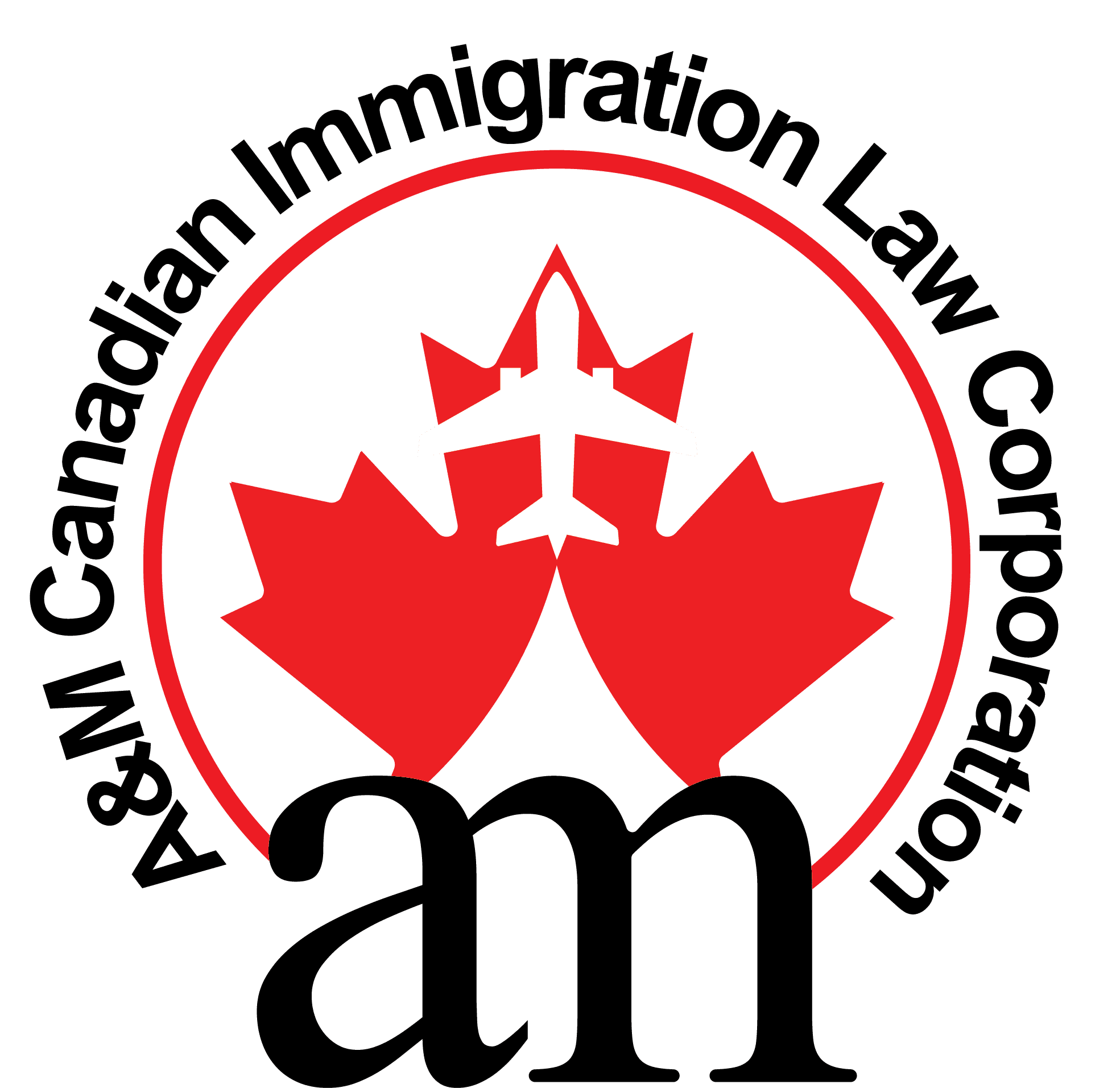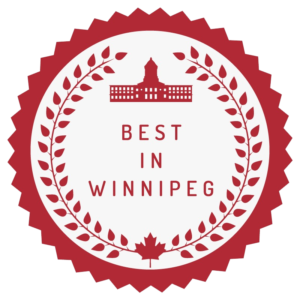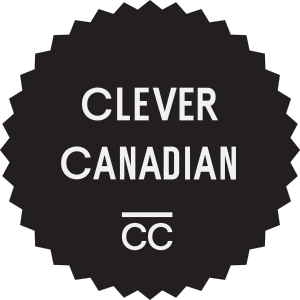Business Immigration
A&M Canadian Immigration Law Corporation
Start-Up Visa Program (Canada)
The Start-Up Visa Program (SUV) is Canada’s pathway for entrepreneurial immigrants who want to launch an innovative business in Canada and simultaneously acquire permanent resident (PR) status. It is meant to attract global talent, spur job creation, and support high-growth startups.
The program is federal (outside Quebec), and applicants must meet strict eligibility criteria, secure support from a designated organization, and demonstrate both business merit and personal readiness.
Key Features & Recent Changes
- Entrepreneurs can apply as individuals or in groups (up to 5 co-founders).
- Applicants can request a temporary open work permit while their PR application is processed, helping them manage and grow the business from inside Canada.
- IRCC has implemented caps per designated organization: each can support up to 10 start-up applications per year.
- Priority processing is being given to start-ups backed by Canadian capital or incubators within Canada’s Tech Network.
- IRCC announced changes aiming to reduce backlogs and improve processing efficiencies.
To apply for the Start-Up Visa, you must satisfy all of the following (plus standard admissibility: medical, criminal, security) per IRCC policy:
- Qualifying Business
- Each applicant must hold at least 10% of the total voting rights in the business.
- The applicants, together with the designated organization, must own more than 50% of the voting rights.
- The business must be incorporated in Canada before the PR decision, and active management must take place from within Canada.
- A substantial portion of the operations must occur in Canada.
- Letter of Support from a Designated Organization
- You must secure support from a designated venture capital fund, angel investor group, or business incubator.
- The designated organization must provide:
- A Letter of Support to the applicant, and
- A Commitment Certificate directly to IRCC.
- Investment minimums differ by organization type:
- Venture capital fund: typically CAD $200,000
- Angel investor group: typically CAD $75,000
- Incubators don’t require direct investment but require acceptance into their program.
- Language Ability
- Achieve Canadian Language Benchmark (CLB) 5 in all four skills (reading, writing, speaking, listening) in English or French.
- The test must be from a recognized provider and result be less than 2 years old.
- Settlement Funds
- You need to demonstrate you have enough money to support yourself and your dependents once in Canada, before your business becomes self-sustaining.
- Amounts vary by family size.
Application & Process
Here’s an outline of how to apply under the Start-Up Visa program:
Step | Description |
1. Find a designated organization to support you | Research and pitch your business to one or more designated VC funds, angel groups, or incubators. |
2. Secure a Letter of Support / Commitment Certificate | Once supported, the organization sends the Commitment Certificate to IRCC. |
3. Confirm eligibility & prepare documentation | Business incorporation records, ownership proof, language test results, settlement funds proof, etc. Use Document Checklist IMM 5760. |
4. Submit your PR application (Start-Up Business Class) | Apply online via the Permanent Residence Portal; include all forms, documents, and letter of support. |
5. Apply for an open work permit (optional) | If eligible, you may obtain a 3-year open work permit while waiting for PR. |
6. Processing & Decision | IRCC assesses admissibility (medical, security, criminal), reviews the business viability, and either approves or refuses. |
Frequently Asked Questions
No. The critical step is securing support from a designated organization via investment or acceptance into an incubator. You don’t need to make a personal investment yourself.
Yes — up to 5 individuals may apply together under one business. Each must meet the eligibility requirements. Canada.ca+1
That is risky. The business support is a core requirement. If support is withdrawn before PR is granted, your application may fail. It’s critical to maintain your relationship and commitments.
Yes. If approved, you can apply for an optional open work permit (up to 3 years) that lets you develop your business in Canada or work elsewhere to support your income.
No. Quebec does not participate in the federal Start-Up Visa. Entrepreneurs interested in Quebec must explore Quebec’s provincial business immigration paths.
Yes. IRCC limits 10 complete group applications per designated organization per year. Applications beyond that are returned, and fees refunded.
Why the Start-Up Visa Matters & Strategic Tips
- It offers PR directly, not temporary status only.
- It encourages innovation and job creation, aligning immigrant business goals with Canada’s economy.
- Because IRCC has introduced caps and priority processing, competition is increasing.
Tips for success:
- Target strong, scalable, innovative business ideas.
- Approach multiple designated organizations simultaneously (Venture capital, incubators, angel groups).
- Be ready early — funding and incubation support can take time.
- Prepare in advance for document collection, language tests, financial proof, and business incorporation.
- Stay updated on IRCC policy changes or quotas (IRCC’s changes in April 2024 reflect caps and backlog management).
Self-Employed Persons Program (Canada)
The Self-Employed Persons Program is a federal immigration stream for people who have relevant experience in cultural activities, athletics, or (formerly) farm management, and who intend to be self-employed in Canada in those fields. The idea is to attract individuals who can make a “significant contribution” to Canada’s cultural or athletic life.
However, the program is in a paused state for new applicants as of 2024, meaning one cannot currently submit new applications under this stream.
This article covers both the legacy rules and what the pause means now.
Current Status / Pause on New Applications
- On April 30, 2024, IRCC announced a pause on intake of new applications under the Self-Employed Persons Program, to allow processing of the existing backlog and improve processing times.
- While new applications are paused, IRCC will continue processing existing applications submitted before the pause.
- As part of Ministerial Instructions 72 (MI-72), this pause is a temporary measure (through end of 2026), with plans to re-assess the program’s structure and integrity.
- The farm management stream of the Self-Employed Program has long been closed to new applicants (since March 10, 2018).
In short: you cannot apply right now, but you can study and prepare, and monitor IRCC announcements about when (or if) the program reopens.
Eligibility (Under Legacy / When Program Was Open)
When it was open, the Self-Employed Persons Program required that applicants satisfy:
- Relevant Experience
- At least 2 years of relevant experience in cultural activities or athletics within the five years preceding application.
- For the cultural activities category, eligible occupations include artists, writers, musicians, visual artists, performing arts, technical support in films, craftspeople, etc.
- Intent & Ability to be Self-Employed in Canada
- The applicant must propose and be able to establish a business in Canada, and make a meaningful contribution to the cultural or athletic life of Canada.
- Selection Criteria / Points Grid
- Applicants needed to pass a points system. The threshold was 35 points (out of a possible 100) under factors including Education, Experience, Age, Language ability (English/French), and Adaptability.
- The components:
- Education (max 25 pts)
- Experience (max 35 pts)
- Age (max 10 pts)
- Language ability (max 24 pts)
- Adaptability (max 6 pts)
- Admissibility
- Medical, security, criminal check must be satisfied.
- Settlement Funds / Net Worth
- Applicants had to demonstrate they had sufficient funds or net worth to settle in Canada (self-employment or business capital) because “the government does not provide financial support” under this program.
- No Immigration Conditions Imposed
- Unlike some other business programs, the self-employed stream had no condition requiring the applicant to maintain business activity for a specified term.
How to Apply (Legacy Process)
When open, the application process followed these major steps:
- Gather Documentation & Evidence
- Documents proving relevant self-employment experience, artistic/athletic achievements, business plans, language test results, education credentials, proof of funds/net worth.
- Supplementary forms including forms under the Business Class (IMM 4500) instruction guide.
- Complete Online Application
- IRCC required applications via their PR application portal.
- Forms include: Generic Application (IMM 0008), Schedule A, Additional info, forms for each family member, etc.
- Pay Fees / Provide Biometrics
- Pay processing fees, Right of Permanent Residence Fee, biometrics (fingerprint/photo) if applicable.
- IRCC Review & Decision
- IRCC assesses merit, admissibility, viability of proposed business, and whether the candidate meets selection grid.
- If approved, applicant becomes a permanent resident under the Self-Employed Persons Program.
Note: Because the farm management stream is permanently closed, only the cultural / athletic pathways remain relevant under this program.
Impacts of the Pause & What to Do Now
- No new submissions are allowed until IRCC reopens or revises the program.
- The pause extends through 2026, under MI-72 rules, to give time for backlog reduction and possibly redesign.
- If you have a pending application, IRCC will continue processing it.
- You can prepare by building your portfolio: accumulate further relevant experience, improve your language scores, strengthen business plans, monitor IRCC announcements about reopening.
- Also consider alternative pathways like the Start-Up Visa, Provincial Business / Entrepreneur streams, or creative/arts immigration categories depending on your domain.
Frequently Asked Questions
No—new applications are paused as of April 30, 2024.
They will still be processed under the older rules.
Because of a large backlog and excessive processing times (often over 4 years), IRCC decided to pause intake to allow clearing of the inventory and to plan reforms.
Not necessarily. The pause through 2026 is intended as a temporary measure underMI-72. IRCC may redesign, reopen, or integrate aspects of it into other business programs later.
Yes. Quebec administers its own business immigration paths including “Quebec Self-Employed / Worker” categories, which differ from the federal self-employed program. The federal Self-Employed Persons Program is outside Quebec.






